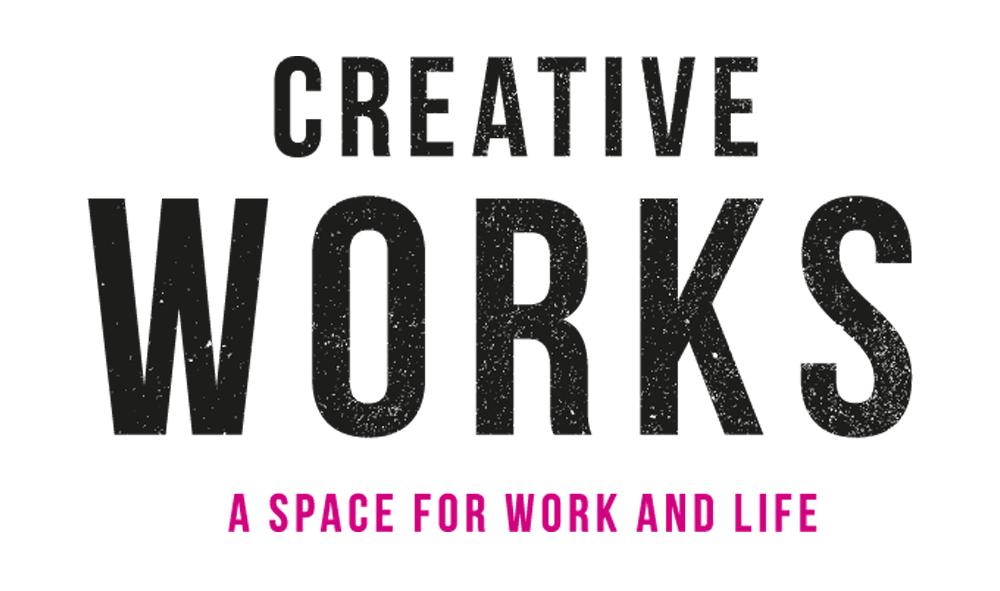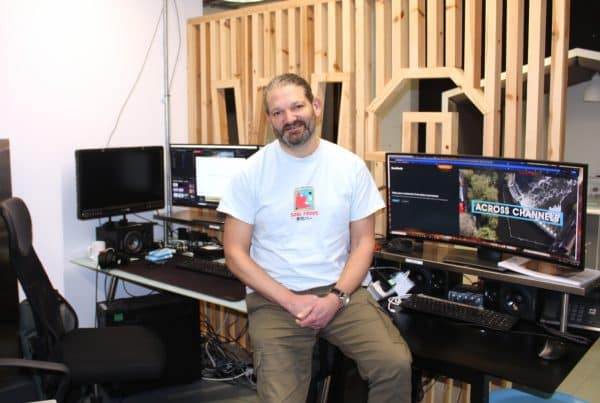Coworking spaces have always prided themselves on being flexible, supportive environments where freelancers, startups, and small businesses can thrive. But what happens when pregnancy enters the picture? For some, maternity is a private journey; however, in a shared workspace, it can become part of the community story.
At Creative Works in Walthamstow (E17), this story has become beautifully visible through Elena Grioli, our Community Manager, who is expecting her first child and has been working throughout her pregnancy.
It Takes a Village
Freelancing and self-employment often come with their own set of challenges: irregular income, blurred work-life boundaries, and sometimes, a lack of formal maternity policies. Traditional office jobs, while not perfect, at least provide frameworks for maternity leave and benefits. But in coworking spaces, those old rules do not necessarily apply.
This is where coworking communities prove their unique worth. The shared environment allows for collective support: people can step in to cover shifts, offer advice, or simply provide a friendly ear when the pregnancy exhaustion kicks in. The “village” model, long talked about in parenting circles, finds a natural home in coworking.
Elena’s Experience
Elena’s story is particularly poignant because she isn’t just a member. Elena is the person who welcomes everyone, connects members, and makes sure the space runs smoothly. Her pregnancy has opened up conversations in Creative Works about how communities adapt and support expectant parents. Being pregnant has certainly altered the way Elena experiences the coworking space on a daily basis. She has become more aware of comfort and accessibility—quiet corners to rest, easy access to facilities, and maintaining a supportive pace for herself and others have taken on new importance. It has also made her recognise the more emotional side of community management: small gestures, flexibility, and understanding can make all the difference.
The support from members has been incredible—both formal and informal. People check in, offer help, or simply make space for her when needed. What has surprised Elena most is how natural and genuine it feels; it’s not just polite gestures, but a real sense of care that comes from being part of a community. Her colleague Amelia even organised a card for members to sign for the baby, and nearly everyone contributed, both with heartfelt messages and thoughtful gifts.
Elena has felt truly loved and cared for—an experience she describes as one of the greatest rewards, more meaningful than anything she could have gone through alone. She knows she will genuinely miss the community and the everyday interactions with her team and the members.
A Space for Dads Too
It’s easy to focus on maternity, but dads in coworking spaces have their own stories. Many fathers who work flexibly use coworking precisely because it helps them stay present in their children’s lives. The casual coffee breaks and supportive chats in these spaces often become informal parenting networks.
At Creative Works, Elena has noticed how fathers speak up more freely about their parenting challenges in this open environment. It normalises the fact that fatherhood is part of the work-life balance too. And don’t forget our Yoga and Pints regular event, a welcoming space where men can come together to discuss the deeper issues in life. While fatherhood is often a big part of these conversations, it’s not just for dads—men at every stage are encouraged to share, listen, and connect.
What Coworking Can Teach Us about Care
Ultimately, maternity (and parenting in general) in coworking spaces highlights the human side of work. These communities remind us that productivity isn’t just about ticking boxes—it’s about creating an environment where people feel seen, supported, and celebrated through all stages of life.
Elena’s pregnancy has brought members closer together, creating a sense of connection as they share in milestones such as the baby kicking, nursery preparations, and nervous excitement. Describing this experience, Elena says, “This is where working doesn’t feel like work; you’ve found your own environment and your tribe. These are good people, the underdogs who don’t need to shout but quietly make things happen they can be proud of, without being cocky. They are people I take pleasure in talking to, knowing, and learning from every day.”
Could Coworking Spaces Fill the Childcare Support Gap?
With coworking on the rise, could spaces, including Creative Works, take the next step by building formal support systems for pregnant members and parents—offering networking groups, parenting resources, or even childcare partnerships?
According to Elena, the Creative Works team looked into the possibility of offering childcare provision: “Looking ahead, I’ve long advocated for coworking spaces to better support parents, including offering childcare for both members and staff. Last year, we attempted to expand our offer by adding childcare services in the downstairs space, which had been vacant for nearly three years. We applied for a council bid to support this initiative, but our applications were rejected.”
The space is owned by Waltham Forest Council, which currently faces significant challenges in meeting local childcare demand. According to the Summer 2023 Childcare Sufficiency Assessment, there is a pressing need to increase the availability of early education and childcare services in the borough. Additionally, some local schools have reported full nursery intakes, with waiting lists extending to the next academic year. Some families are even booking childcare places for their children before they are pregnant. This underscores the scale of demand and highlights the opportunity for coworking spaces to step up where local provision is insufficient.
For many middle-class freelancers, accessing funded childcare is also challenging. Eligibility for 30 hours of free childcare requires each parent to earn at least the equivalent of 16 hours per week at the National Minimum or Living Wage, with a maximum adjusted net income of £100,000. Fluctuating incomes often make this hard to maintain, leaving many parents, particularly mothers, struggling to return to work without losing career progression.
Elena provided her own thoughts on the matter: “Personally, after over twenty years in public and private sectors, I found myself at a crossroads that went against every feminist principle I had ever learned. Companies are slow to catch up, often with good policies on paper but very little practical support.”

Elena would love to see coworking spaces become even more proactive in supporting parents. This could include:
- Flexible membership models, such as shared desks for partners or rotating access for single parents.
- On-site or subsidised childcare.
- Peer networks or partnerships with organisations such as IVEE to help women return to the workforce.
- Support for mothers to regain seniority when returning to work, rather than starting from the bottom.
- Extra attention to single parents, who often face the greatest challenges.
Even small steps—like making it easier to step away for appointments or rest—can make a meaningful difference, helping parents feel included while staying professionally engaged. In this way, coworking spaces can grow into genuine community hubs, bridging the gaps left by councils and government support, and offering practical solutions that help families thrive.
Elena’s journey is a reminder that maternity does not have to be a private, solitary process. In a coworking setting, it can become a community story—one that blends personal joy with professional growth. And perhaps that’s what makes coworking so different: it doesn’t separate the human from the worker. It allows both to coexist, fully and proudly.




